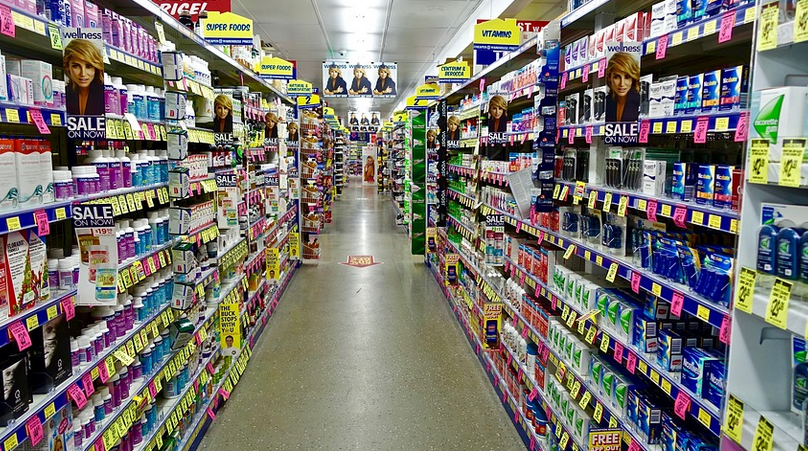The Importance of Water Treatment
Water treatment is essential for ensuring safe and clean water for consumption, industrial use, and environmental protection. It involves the removal of impurities and contaminants from water, including bacteria, viruses, chemicals, and pollutants. Several methods are used for water treatment, including filtration, disinfection, and chemical treatment.
The Role of Chemical Feed Systems
Chemical feed systems are an integral part of water treatment processes. They are used to deliver precise amounts of chemicals into the water to control pH levels, disinfect the water, and remove impurities. Chemical feed systems can be manual or automated, depending on the complexity of the treatment process.
Manual Chemical Feed Systems
Manual chemical feed systems require operators to add chemicals to the water treatment process manually. This process can be time-consuming and requires skilled personnel to ensure proper chemical dosing. Manual systems are best suited for smaller water treatment facilities with simple treatment processes.
Automated Chemical Feed Systems
Automated chemical feed systems use sensors and controllers to regulate chemical dosing. These systems can adjust chemical dosing automatically based on the water quality and treatment requirements. Automated systems are ideal for larger water treatment facilities with complex treatment processes.
The Advantages of Integrated Chemical Feed Systems
Integrated chemical feed systems are a recent development in water treatment technology. These systems combine the chemical feed system with other treatment processes, such as filtration and disinfection, into a single unit. Integrated systems offer several advantages over traditional chemical feed systems, including:
Improved Efficiency
Integrated systems are more efficient than traditional systems because they combine multiple processes into a single unit. This reduces the overall footprint of the treatment plant and reduces the amount of equipment needed to treat the water.
Improved Accuracy
Integrated systems use advanced sensors and controllers to regulate chemical dosing. This results in more accurate dosing, which improves the quality of the treated water.
Reduced Maintenance
Integrated systems require less maintenance than traditional systems because they have fewer components. This reduces the overall cost of maintenance and improves the reliability of the treatment plant.
Improved Safety
Integrated systems are safer than traditional systems because they reduce the risk of chemical spills and exposure. The automated dosing system ensures that chemicals are added to the water in a safe and controlled manner.
The Future of Integrated Chemical Feed Systems
Integrated chemical feed systems are a rapidly evolving technology in the water treatment industry. As technology advances, we can expect to see more advanced sensors and controllers, which will improve dosing accuracy and reduce maintenance requirements. We may also see more integration with other treatment processes, such as membrane filtration and advanced oxidation.
Conclusion
Integrated chemical feed systems are revolutionizing the water treatment industry. They offer improved efficiency, accuracy, and safety, while reducing maintenance requirements. As technology continues to advance, we can expect to see even more advanced integrated systems that will further improve the quality and safety of our water supply.

